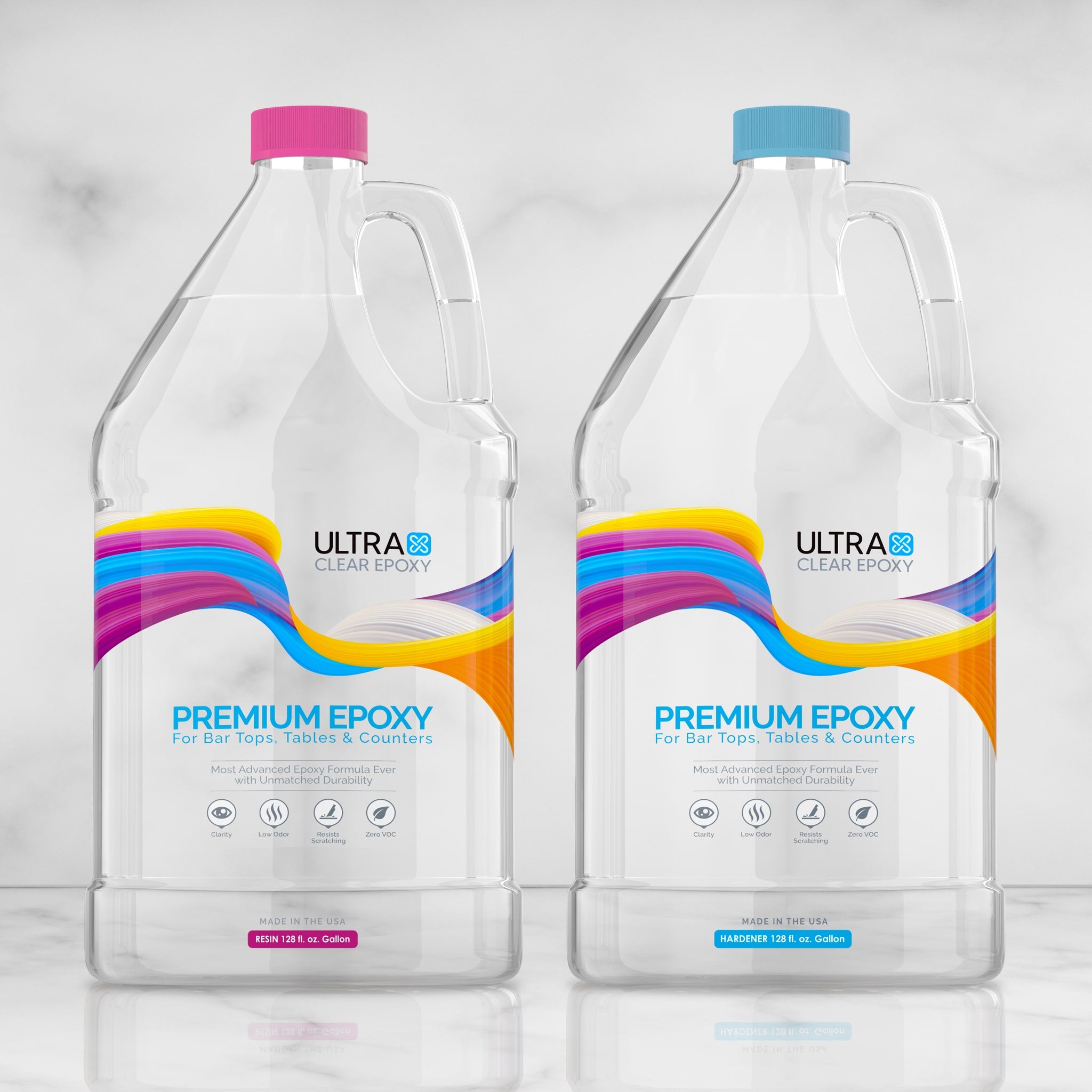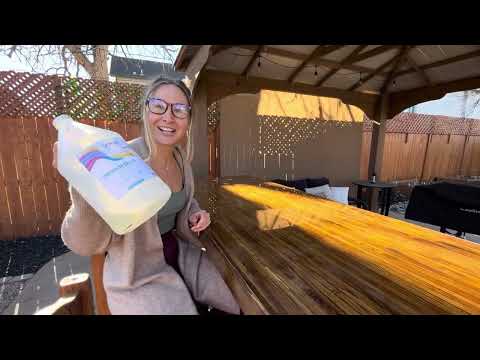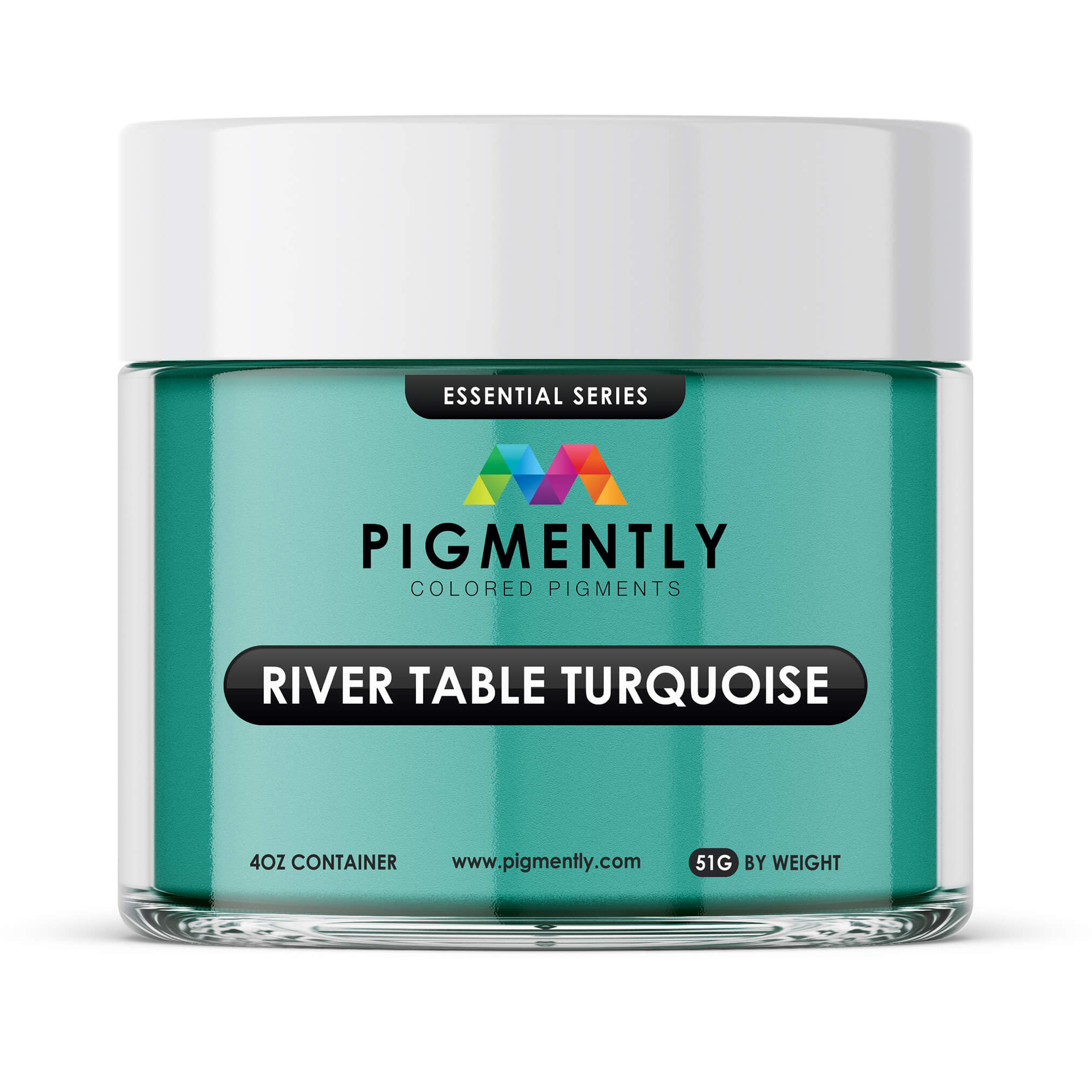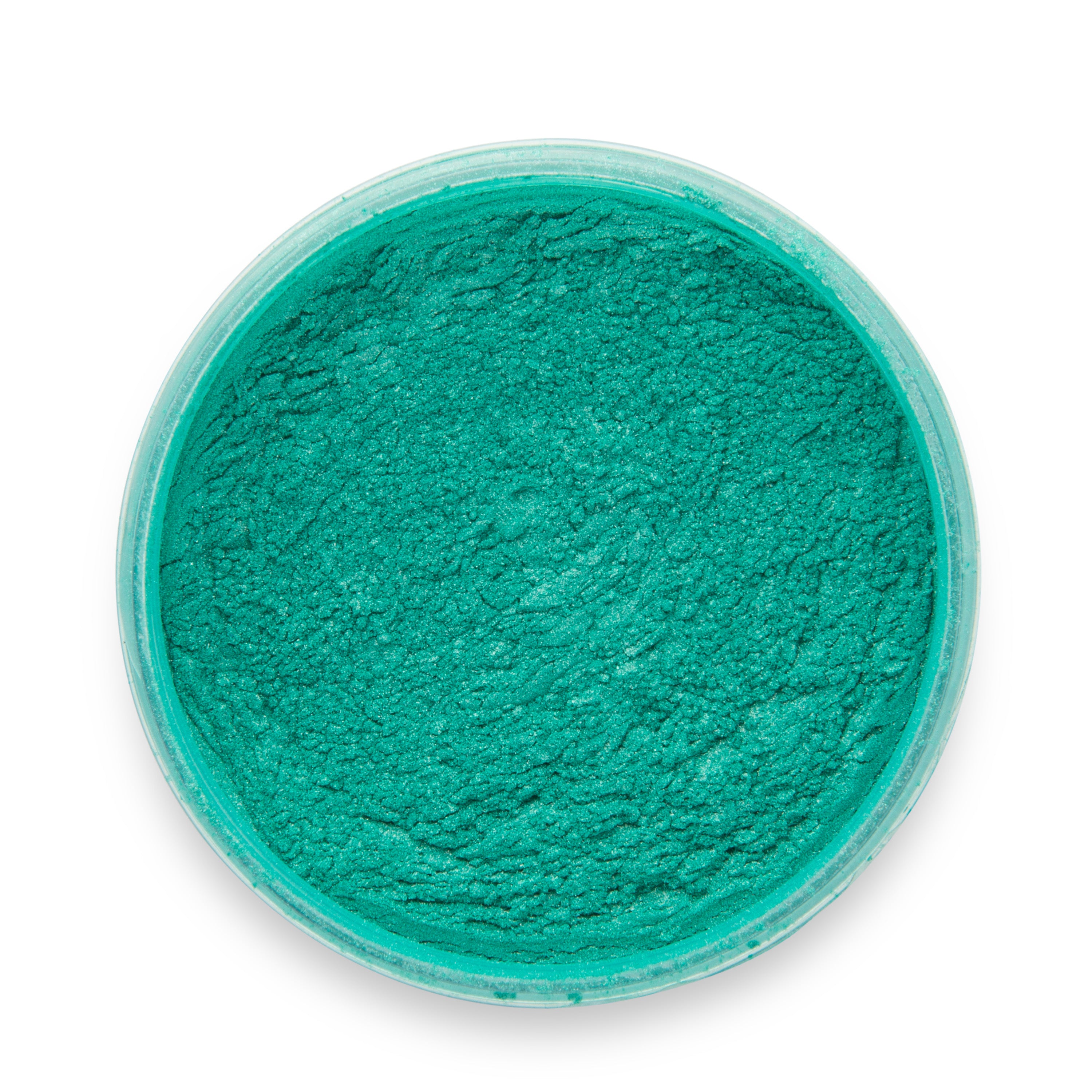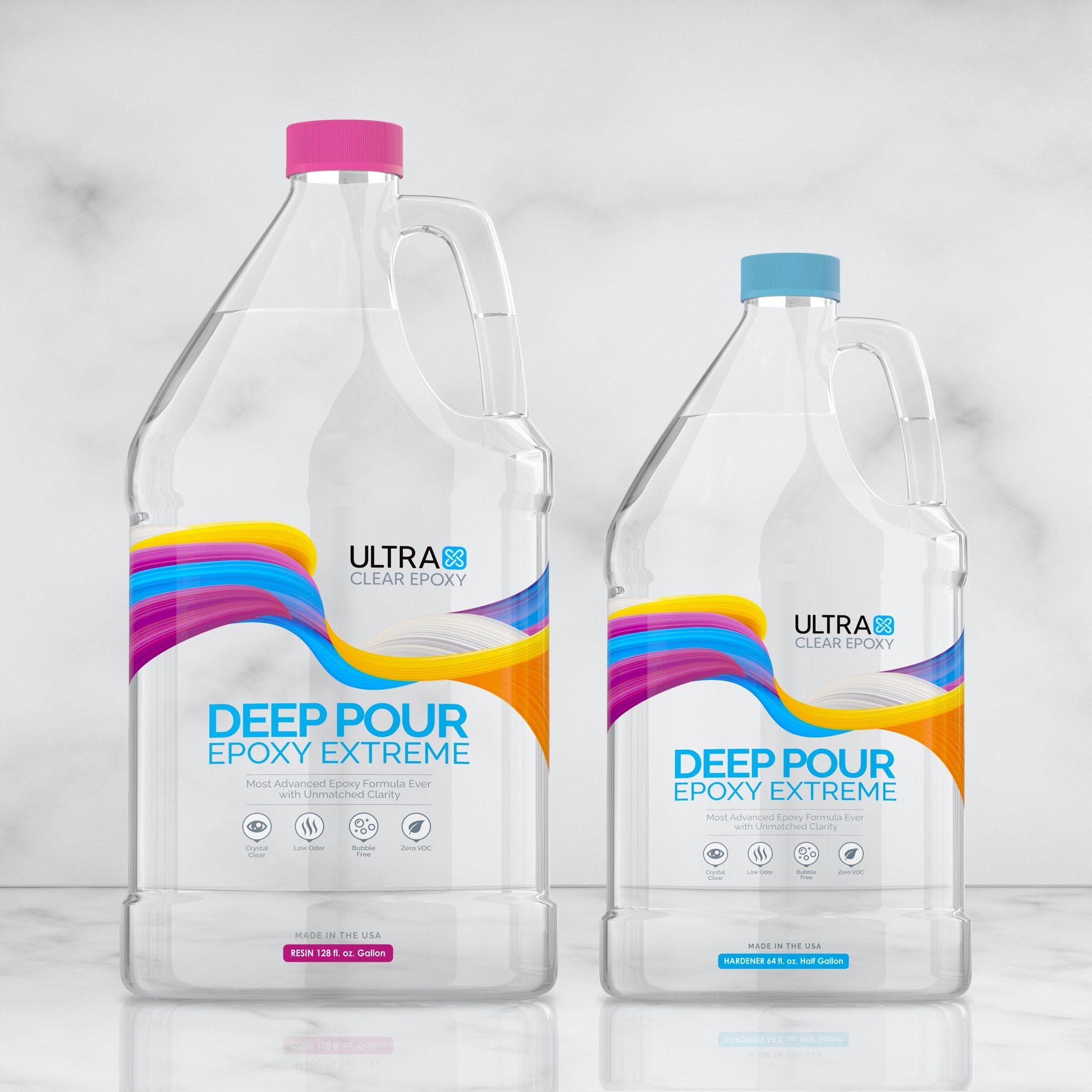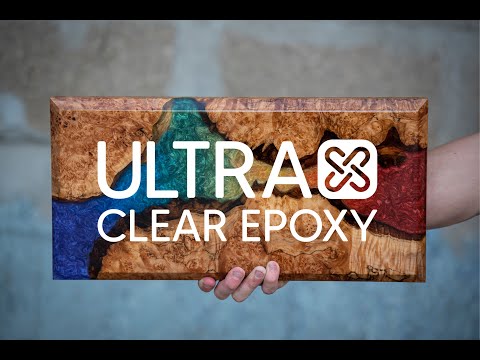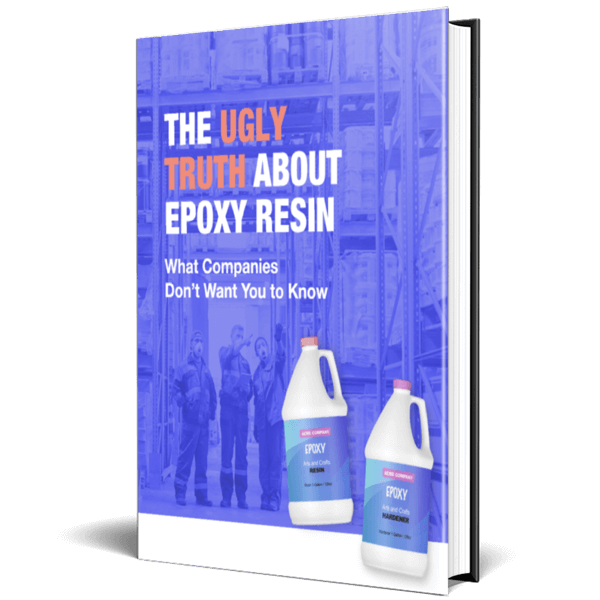When it comes to durability, few sealants are as effective as epoxy resin. Known for its glasslike finish and physical strength, epoxy has seen a significant uptick in usage in the last couple of decades.
But physical is just one aspect of its preservation capabilities. In fact, epoxy is more than just tough as nails, it's also chemically resilient. This is a valuable trait to have for a sealant that often gets purposed as a bar top, countertop, or table top finish, as these are types of surfaces that tend to be exposed to moisture, humidity, various chemicals, and substances such as grease and oil.
In this article we'll cover 5 different categories of chemicals and substances that epoxy can handle with ease, explaining how it's useful and providing examples that fall within those categories.
5 different chemicals epoxy can easily resist
Among the many categories of chemicals that epoxy can resist, there are few that stand out as particularly relevant for typical epoxy finishes. These few categories are the types most likely to be encountered things like an epoxy countertop, an epoxy table top, or an epoxy bar top.
Here are 5 categories of chemicals/substances that epoxy can easily resist:
-
Acids: Many substances contain acids which can come into contact with an epoxy finish. Fortunately, epoxy is usually unbothered.
-
Solvents: For typical homes and businesses, solvents are primarily used as cleaning agents to keep surfaces clear of residues and stains—although sometimes they're drinks!
-
Oils/Greases: These are especially prevalent in kitchens, where food is prepared.
-
Salts: No, not just table salt (though that counts, too). Salts are chemical compounds that can cause damage in many types of materials—but not epoxy!
- Household Chemicals: Epoxy is highly compatible with many different chemicals commonly present in households.
Let's consider each of these categories in more detail.
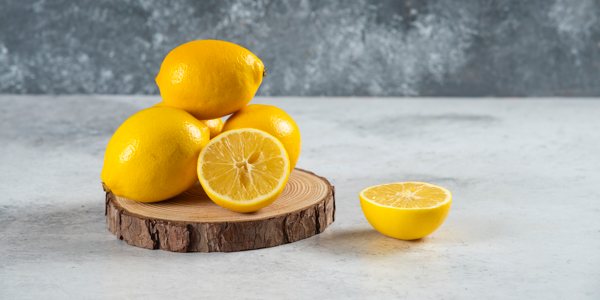
Category #1: Acids
Common epoxy finishes include countertops and table tops. Because these are typically places where food preparation and consumption occur, they also tend to be exposed to related acids. Fortunately, epoxy resin handles many types of acid surprisingly well.
Popular foods can contain strong acids.
Acids you can expect to see in the average kitchen or table top environment include citric acid (from fruits like lemon, lime, and grapefruit). These acids are strong enough to weaken and damage the enamel on human teeth, but are relatively harmless to epoxy resin.
Coffee and tea contain tannins, which can stain many different surfaces, including wood, fabrics, minerals such as marble and granite—even teeth—etc. Yet with epoxy, there's hardly an issue, and the substances can be cleaned up easily as long as the epoxy surface is in good condition.
Similarly, acetic acid is also seen as a small percentage of vinegar. In this form, the acid is much less potent, making it safe for human skin. But prolonged exposure to even diluted forms of acetic acid via distilled vinegar can cause problems for many materials. With epoxy resin, however, a hefty resistance means it would take far, far longer for acetic acid to cause damage.
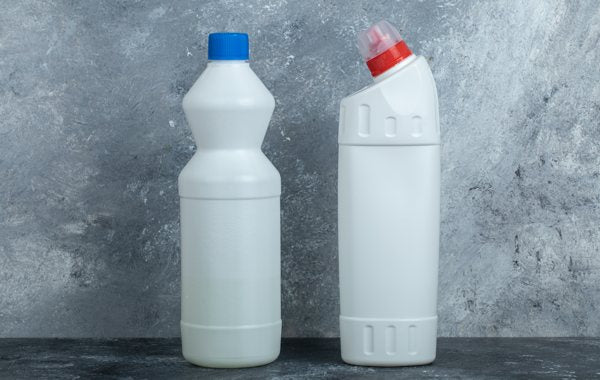
Category #2: Solvents
Solvents are often used in cleaning counters, tables, windows, and similar surfaces. However, they often need to be used judiciously, as the wrong solvent can cause problems—sometimes functional, sometimes aesthetic—when applied to an inappropriate substrate.
Epoxy is not invulnerable to solvents, either. However, it does have a high resistance to many common solvents that would mar the appearance of other finishes. These solvents include things such as:
Acetone
Acetone, often seen diluted in solutions such as nail polish remover and heavy-duty cleaners, this strong solvent can damage many common materials such as wood, granite, marble, and—yes, even epoxy. But epoxy gives you extra time to react to it and clean it up, whereas with many other sealers, it can permeate immediately, swiftly causing damage while also become very difficult to clean up.
Window cleaners
Window cleaners are typically an excellent choice for cleaning epoxy surfaces. Though the chemicals within are usually mild, such as ammonia, they still can be a problem for the wrong materials—but not for a premium epoxy.
Bleach
Bleach is a harsh solvent and definitely shouldn't be used on epoxy surfaces. That being said, if a spill or accident were to happen, an epoxy finish would be more likely to endure it for long enough to clean up the mistake before anything more significant could occur.
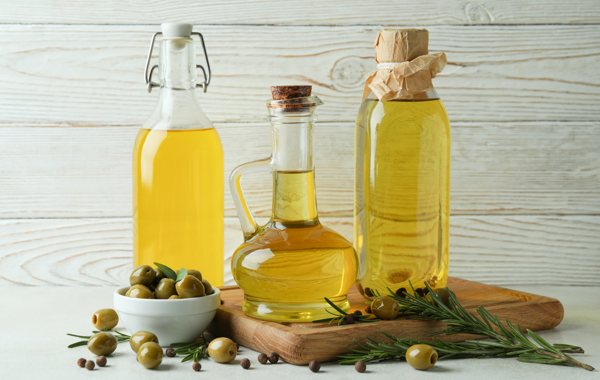
Category #3: Oils & Greases
Oils and greases might not be the most destructive substances, but they can cause frustrating cosmetic damage. Cooking oils, grease from meats, fatty solutions from butter or margarine, as well as the particles left behind by lotions, hair sprays, and such can all contribute to this.
When it comes countertop surfaces, most sealants are intended to preserve your countertop from these types of residues, but because many sealants require regular reapplication and are susceptible to damage from various solvents and chemicals, it's easy for a gap in their protective coating to appear, and that's when oil and grease can seep in and stain an otherwise beautiful surface.
Epoxy resin, however, is very resilient. As such, it doesn't break down easily, and is rarely damaged in such as way that a substance could permeate it and stain the substrate beneath. Additionally, because epoxy resin features a highly smooth surface, it's satisfyingly easy to clean away messes, including oil and grease from food preparation and consumption.

Category #4: Salts
Chemical compounds known as "salts", the best known of which is ordinary table salt, represent a wide array of difference substances, many of which can cause significant damage such as rotting to wood, or corrosion to metal.
Epoxy resin, however, along with many other plastics, is heavily resistant to salt compounds. In fact, it's so effective that epoxy resin makes a popular high-end choice as a coating for watercraft expose to high salinity environments, such as saltwater lakes and the oceans; this epoxy resin variant is called Marine Epoxy.
Though epoxy is not alone in its ability to resist salts, the combination of high physical strength, beautiful visual clarity, and strong chemical resistance are what make it uniquely suited for corrosive environments.
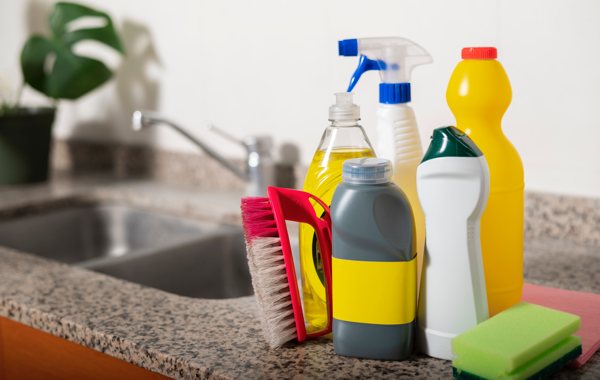
Category #5: Household Chemicals
The last of these 5 categories is a catch-all selection of household chemicals. These include things like:
-
Cleaning Agents: This includes multi-surface cleaners and disinfectants that may be used to clean various surfaces.
-
Dish Soap: Frequently used for handwashing dishes or cleaning adjacent countertops.
-
Bleach: While not used daily, diluted bleach solutions may occasionally be used for disinfecting and stain removal on countertops, table tops, and the like.
-
Vinegar: Often used as a natural cleaning agent, vinegar can come into contact with epoxy surfaces during both cleaning and cooking processes.
- Alcohol: Isopropyl alcohol or ethyl alcohol may be used for disinfecting or cleaning tough stains.
Each of these groupings affects epoxy in different ways. Mostly, they just make great cleaning options. Alcohol and disinfectants can be safely used on epoxy surfaces to sanitize them. Bleach solutions, while powerful when potent, can be applied in diluted form to clean epoxy finishes as well.
Click here to learn more about cleaning and maintenance for epoxy finishes.
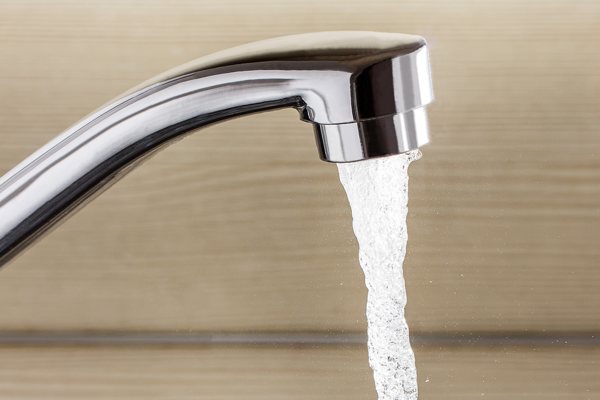
Bonus Category: Water
The average person probably doesn't think of water when listing chemicals, but water is not only a solvent but also an excellent conduit for a variety of damaging substances and chemicals. Furthermore, it has a tendency to evaporate quickly in warm environments, leaving behind whatever was suspended within it as an unpleasant blemish. This can be a problem for materials that are porous or easily stained, such as wood, granite, and marble—common choices for countertops and table tops.
Epoxy, on the other hand, is waterproof, and thus safeguards any material substrate it's protecting with an impermeable layer of crystal-clear protection.
Epoxy resin: Not invincible—but close enough.
As with any material, epoxy resin has both pros and cons. But no other sealant has so few weaknesses, and that's what puts epoxy above all other options when it comes to being a finish for high-traffic fixtures and furniture such as countertops, table tops, and bar tops. This is especially true for premium epoxy resins, such as our UltraClear products.
You can find our UltraClear Epoxy products on the following pages:
- UltraClear Bar & Table Top Epoxy: The classic choice for bar tops, countertops, and table tops. Rock-solid, waterproof, and crystal-clear.
- UltraClear Deep Pour Epoxy: Our deep pour casting resin. Ideal for thick layers, such as those needed for river tables.
- UltraClear Art & Craft Epoxy: Our arts and crafts resin, designed for smaller artistic endeavors which typically involve resin molds and require a bit more fluidity than bar top epoxy.
With high chemical and physical resistance, epoxy can withstand and endure many forms of wear and tear without breaking a sweat or showcasing any cosmetic damage.
Plus, in addition to its ease of application, it also requires little upkeep to maintain its pristine appearance. With a high-quality epoxy finish, you can expect a minimum lifespan of 7 years, with no need for reapplication. Beyond that, it's a breeze to renew that coating, requiring only a light sanding and a fresh layer of epoxy.
Have Questions? Want Advice? We're Here to Help!
If you have any questions about epoxy resin, or if you'd like assistance in planning an epoxy project, please reach out to us at UltraClear Epoxy—our epoxy experts are ready to assist!
You can contact us via phone or email here. During business hours, you can also text chat online with one of our resin specialists by clicking the Help button at the bottom of your screen.
In our online store, you'll find a variety of useful tools and supplies, ideal for resin projects, plus our award-winning UltraClear Bar & Table Top Epoxy and our UltraClear Deep Pour Epoxy.
UltraClear Epoxy—Trusted by over 1 Million+ Happy Customers



